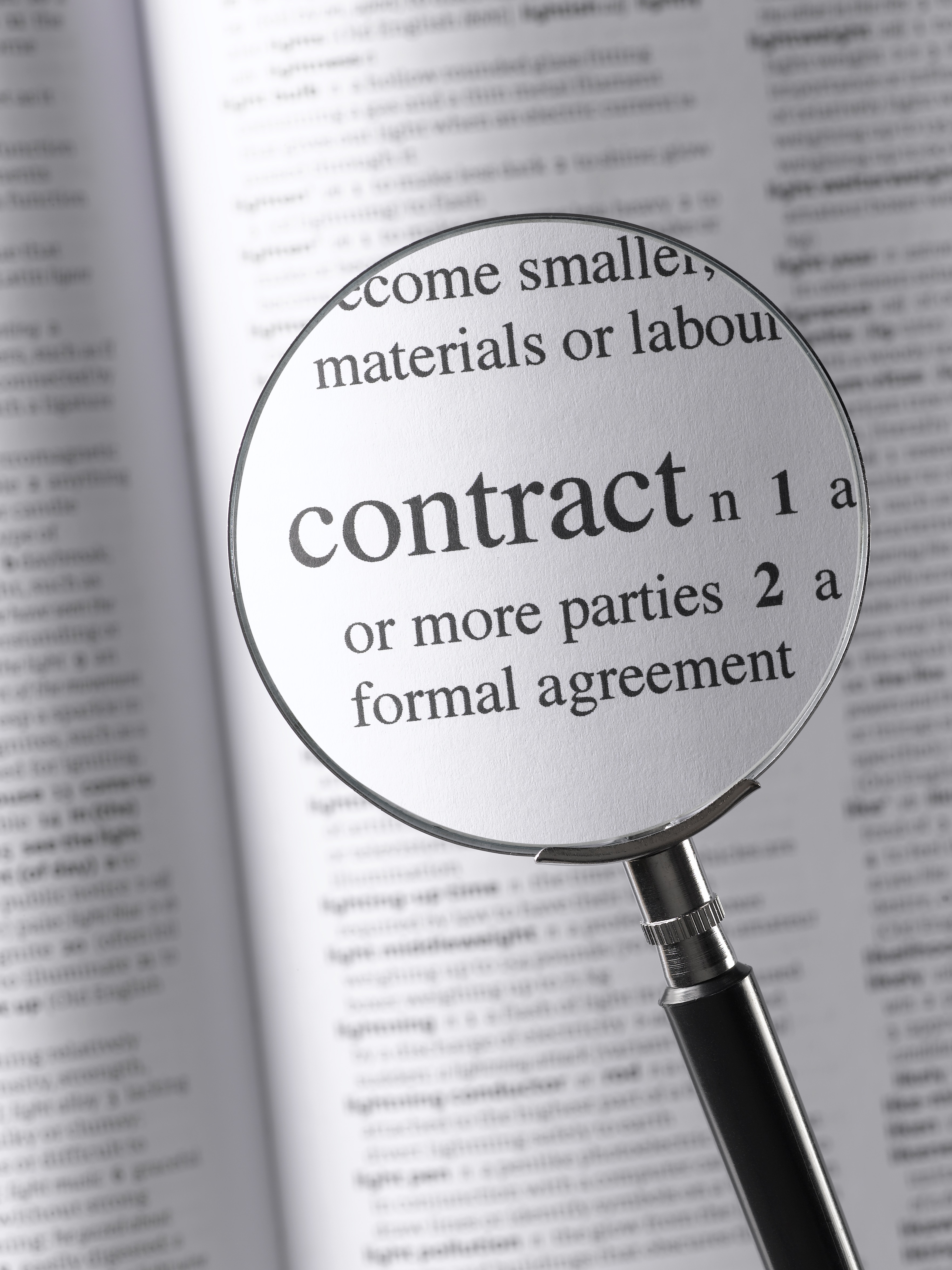A: If you’re considering partnering with a recognized brand to establish a new retail business, or expand an existing one, you may be faced with the decision of choosing between a franchise arrangement versus a license arrangement. While these two business models share certain common features, they’re not the same, and it’s important that you understand the legal and functional differences before making your decision.
Whether a relationship constitutes a franchise has significant legal and business implications. Franchising is regulated at the provincial level in Canada. There are currently six provinces (British Columbia, Alberta, Manitoba, Ontario, PEI, New Brunswick, and Newfoundland) with enacted franchise legislations in Canada. Parties operating franchises in these provinces will be subject to applicable provincial franchise legislation, including pre-sale disclosure obligations and a statutory duty of fair dealing, among other rights and obligations.
A company will typically start franchising once its business concept is established and proven and its brand enjoys a level of recognition or goodwill in its sector. Such businesses are attractive to entrepreneurs seeking to leverage the goodwill of a recognized brand, the efficacy of established, proven operating systems, and a higher level of support. Occasionally, a fast growth or emerging business with aggressive expansion aspirations will dive into franchising immediately to accelerate its growth. Extra care and diligence should be applied when considering such franchise opportunities.
A license, on the other hand, is a grant from one party (a “licensor”) to another (a “licensee”) whereby the licensor permits the licensee to use certain intellectual property. A commercial license is typically restricted to the use of the licensor’s intellectual property in the course of the licensee’s business, and can include the trademarks owned by the licensor as well as its processes and trade-secrets or a product. Unlike franchises, there is no legislation in Canada specifically regulating the grant of a license. Accordingly, the relationship between a licensor and licensee will be governed by established contract law principles and the terms of the agreement executed by the parties.
A company licensing its intellectual property to third parties under a license agreement may direct how its intellectual property can and can’t be used, but it won’t typically require adherence to a particular operating system or business model, nor will it provide the level of support received under a franchise agreement. In a licensing model, the entrepreneur pays to use the intellectual property, but is generally free to structure and operate its business as it chooses.
Whether the differences highlighted above between licensing and franchising are a “pro” or a “con” will depend entirely on the particular circumstances and personality of the entrepreneur assessing the opportunity. There’s no right or wrong choice, and one model isn’t necessarily better than the other.
At their core, both models allow an entrepreneur to operate a business using another party’s intellectual property. To determine which model is best for you, ask yourself the following questions:
- What is your goal? What do you hope to achieve?
- What is your personality and business style? Are you a risk taker or risk averse? Does the idea of starting your own business excite or terrify you?
- Consider your type of business and the predominant business models in your selected industry.
- Is the company you are considering well known in your jurisdiction?
- Does the company have an established operating system and a proven record of success?
- How much control do you want to retain over your business? Do you want a high level of control and autonomy, or do you prefer the security of working within an established system and having the main elements of your business planned for you?
- How much support will you need?
- How much money are you able to invest?
- How quickly do you want to go to market?
- Are the additional legal protections afforded under franchise laws important to you?
As you answer the above questions and consider the differences of franchising and licensing through the lens of your specific circumstances, goals, and personality, the most appropriate model for you will become apparent.
Helen Fotinos
Partner, Lead of Franchising and Distribution for Canada
Dentons LLP
416-863-4547
helen.fotinos@dentons.com
Ilan Levy
Associate, Franchising & Distribution
Dentons LLP
416-863-4511
Ilan.levy@dentons.com



